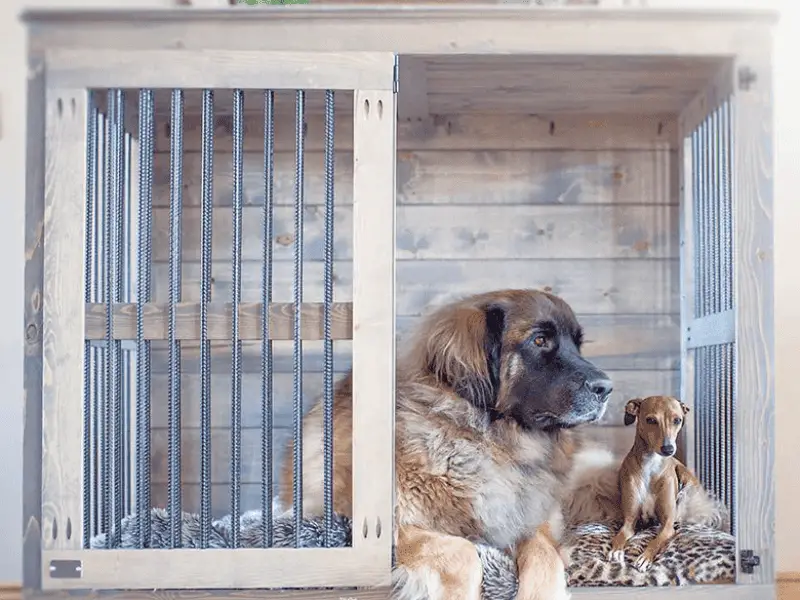Do you wish you had a pooch that doesn’t grow big and always stays small? Many people crave the companionship and love dogs offer, but not everyone has the space for a large breed. That’s where smaller dogs and dogs that stay small come in.

Why Some Dog Owners Want Dogs That Stay Small
These pint-sized pups have won over the hearts of millions with their adorable looks and charming personalities. However, we’ll be clearing up some misconceptions about small dogs in this article.
From their exercise needs to their temperament, we’ll be diving into the truth about dogs that stay small.
After all, dogs that stay small are adorable, easy to carry and don’t eat much. This means they are easier to take care of, even on a budget!
Dog That Stay Small Myths
The thing about them is that they don’t always have a good reputation, primarily due to certain misinformed stereotypes. Chances are, you may also be having some of these misgivings.
So, we’re going to debunk some of the most common myths and prove to you why they are some of the best companions you could ever ask for.
Myth #1: They are noisy
This is a common myth that many people should know is not exclusive to just small dogs. After all, even large dog breeds like Huskies tend to howl a lot too!
You can often fix such habits through proper training, so it’s up to the pet parent to guide their dogs to develop better barking habits, no matter the size.
Myth #2: They are irritable
Many people may have the impression that dogs who stay small can be biters and are usually more moody and irritable than big dog breeds. That is not always true.
Most of the time, dog temperaments are not determined by their dog sizes but by their breeds, regardless of how big or small they are.
For instance, small dogs like the Bichon Frise, Pug, and Shih Tzu are overly affectionate by nature and love to snuggle.
Plus, some dogs may mimic their parents’ temperaments as they get older. So, if you always show love, care, and attention to them, they will undoubtedly return that same type of affection to you.
Myth #3: They are not fit for outdoor activities
Indeed, some small dogs are not well-suited to running around and doing heavy physical activities like the Bulldog, for example.
Despite this, it is not exclusive to all small dog breeds, as small dogs are just as athletic and agile as medium to larger breeds. For instance, Dachshunds and Beagles make excellent hiking companions, so if you are outdoorsy, don’t let that discourage you from adopting a small dog.
Myth #4: They are too soft-hearted.
The idea that small dogs are always soft-natured is inaccurate because not all small dog breeds are cute and cuddly. Some breeds, like the Chihuahua, can be aggressive when they want to.
Also, the Boston Terrier and Yorkshire Terrier are good examples of tough and protective watchdogs! So, don’t let their small sizes fool you. You just have to take your time to find the right breed because they are out there!
Myth #5: They need less attention
All dogs are naturally social creatures. This means that they almost always crave attention from humans, and while some small dog breeds like the Chihuahua or Bulldog are not that needy, the stereotype that small dogs need less attention is completely false.
You should always set aside time off to socialize with your pooch. Whether that means going out for short daily walks in the park or just lounging around together. This will keep them in good spirits and make them feel loved.
ALSO READ


